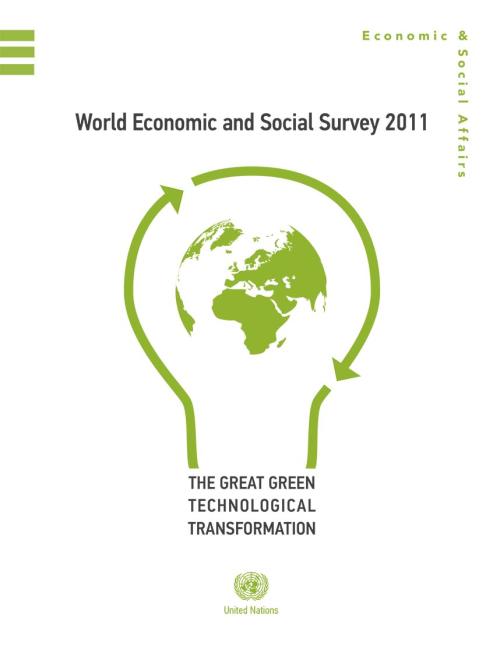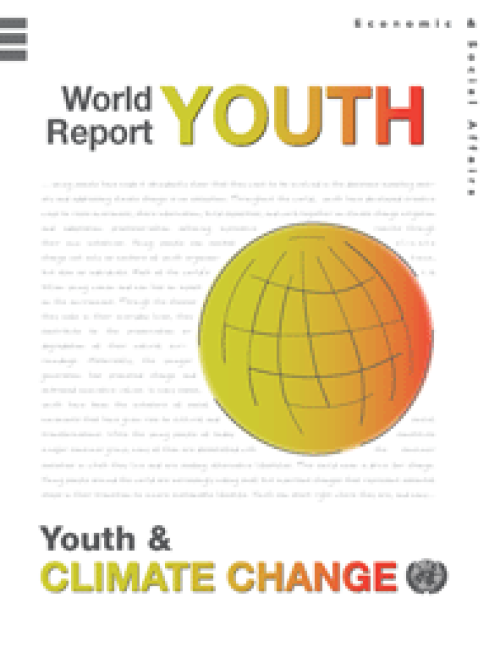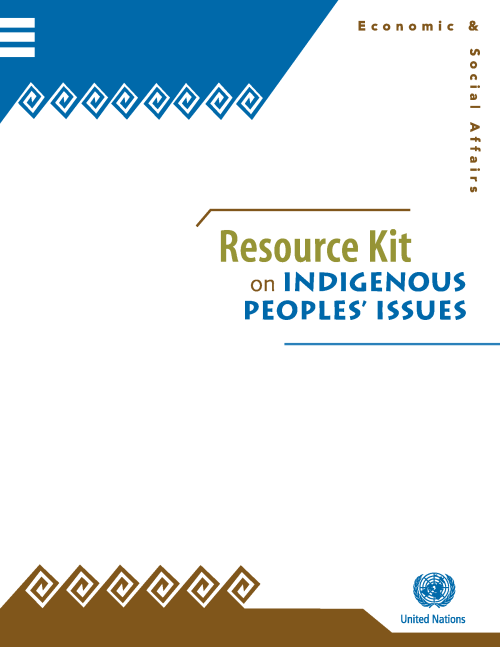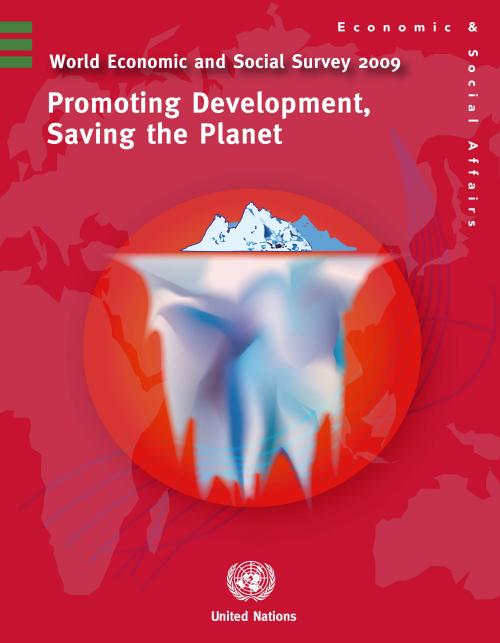The Demographic Yearbook 2009-2010 is the sixty-first in a series published by the United Nations since 1948. It contains tables including a world summary of selected demographic statistics, statistics on the size, distribution and trends in national populations, fertility, foetal mortality, infant and maternal mortality, general mortality, nuptiality and divorce. Data are shown by urban/rural residence, as available. In addition, the volume provides Technical Notes, a synoptic table, a historical index and a listing of the issues of the Demographic Yearbook published to date.
The number of deaths of children under the age of five declined from 12.4 million in 1990 to 8.1 million in 2009, which means nearly 12,000 fewer children die each day. Some of the world’s poorest countries have also made impressive gains in the fight against poverty, but the least developed countries still lag in efforts to improve living standards.

Nothing short of a technological revolution on the scale of the first industrial revolution will be required to meet the challenge of sustainable development. Enormous improvements in human welfare have taken place over the past two centuries, but at a lasting cost of degradation of our natural environment. Continuation along established economic growth paths means that the Earth's capacity to ensure human welfare and serve as a sink for the waste and pollution generated in the creation of that welfare will be exceeded.
The World Economic and Social Survey 2011 analyses the challenges and options involved in shifting to a "green economy" based on more efficient and renewable…

The World Youth Report focus on youth and climate change, and is intended to highlight the important role young people play in addressing climate change, and to offer suggestions on how young people might be more effectively integrated as individuals and collective agents of change within the realm of climate change adaptation and mitigation. The Report is designated to assist youth and youth organizations in educating themselves and to become more actively involved in combating the threat of climate change. It is also meant to affirm the status of young people as key stakeholders in the fight against climate change. The publication comes at a time when efforts to address climate change…
Issued in support of the five-year review of the Mauritius Strategy of Implementation for the sustainable development of SIDS, the report highlights the vulnerabilities of SIDS and recent trends in their sustainable development. The key areas covered by the report are climate change, disaster management, trade and finance, tourism and energy. It also covers energy, natural resources and social development. In addition, the report provides a visual summary of progress made by SIDS in attaining the Millennium Development Goals (MDGs), based on analysis performed by UNDP and ESCAP.

SPFII, in cooperation with ILO, UNICEF, UNDP, UNFPA and SCBD has published the Resource Kit on Indigenous Peoples Issues. The Kit is aimed UN Country Teams (UNCTs), and other development agents, providing them with guidance as to how to engage indigenous peoples and include their perspectives in development processes.
The world continues to make advances towards the Millennium Development Goals (MDGs), despite the global economic downturn, but the rate of improvement remains too slow and countries must step up their efforts if the MDGs are to be achieved by their target date of 2015, a new United Nations report says. The annual assessment report, released today by Secretary-General Ban Ki-moon, shows that the world has made huge strides in reducing extreme poverty...
The United Nations Statistical Yearbook is an annual compilation of a wide range of international economic, social and environmental statistics for over 200 countries and areas of the world, compiled from sources including UN agencies and other international, national and specialized organizations. The fifty-second issue contains data available to the Statistics Division as of June 2008 and presents them in 68 tables on topics including: agriculture; balance of payments; communication; development assistance; education; energy; environment; finance and gender.
There are over 370 million indigenous people in some 90 countries, living in all regions of the world. The situation of indigenous peoples in many parts of the world is critical today. Poverty rates are significantly higher among indigenous peoples compared to other groups. While they constitute 5 per cent of the world's population, they are 15 per cent of the world's poor. Most indicators of well-being show that indigenous peoples suffer disproportinately.

The central message of the World Economic and Social Survey 2009 is that addressing the climate challenge cannot be met through ad hoc and incremental actions. In the first place, it requires much stronger efforts by advanced countries to cut their emissions. The fact that in this regard more than a decade has been lost since the adoption of the Kyoto Protocol to the United Nations Framework Convention on Climate Change only adds urgency to those efforts. However, even if advanced countries begin to match their words with deeds, their efforts are, by themselves, unlikely to be sufficient to meet the climate challenge. The active participation of developing countries is now required and…
The Millennium Development Goals report presents a yearly assessment of global progress towards achieving the MDGs. It is prepared by the Statistics Division at DESA on the basis of input provided by the members of the Inter-agency and Expert Group on MDG Indicators. Less than six years away from the 2015 deadline to achieve the MDGs, this report warns that despite many successes, overall progress has been...
This report presents an assessment of progress, based on data available as of June 2008 on all official Millennium Development Goals (MDG) indicators, including the new ones introduced. The aggregate figures in the report provide an overall assessment of regional progress under the eight goals and are a convenient way to track advances over time.
 Welcome to the United Nations
Welcome to the United Nations